Suite ST-410
Uncover the deep interconnectedness of the world–and universe beyond.
As a student in Earth, Environment, and Physics at Worcester State University, you will gain a strong foundation in the environmental, physical and social sciences.
The Earth, Environment, and Physics program at Worcester State provides students with a critical understanding in a targeted focus area –including geoscience, geography, environmental science, physics and astronomy–through well-crafted internships and hands-on research alongside your professors. Students graduate prepared to succeed in graduate programs or the workforce, confronting the increasingly complex challenges of our world–and becoming part of the solution.
Earth, Environment & Physics Programs
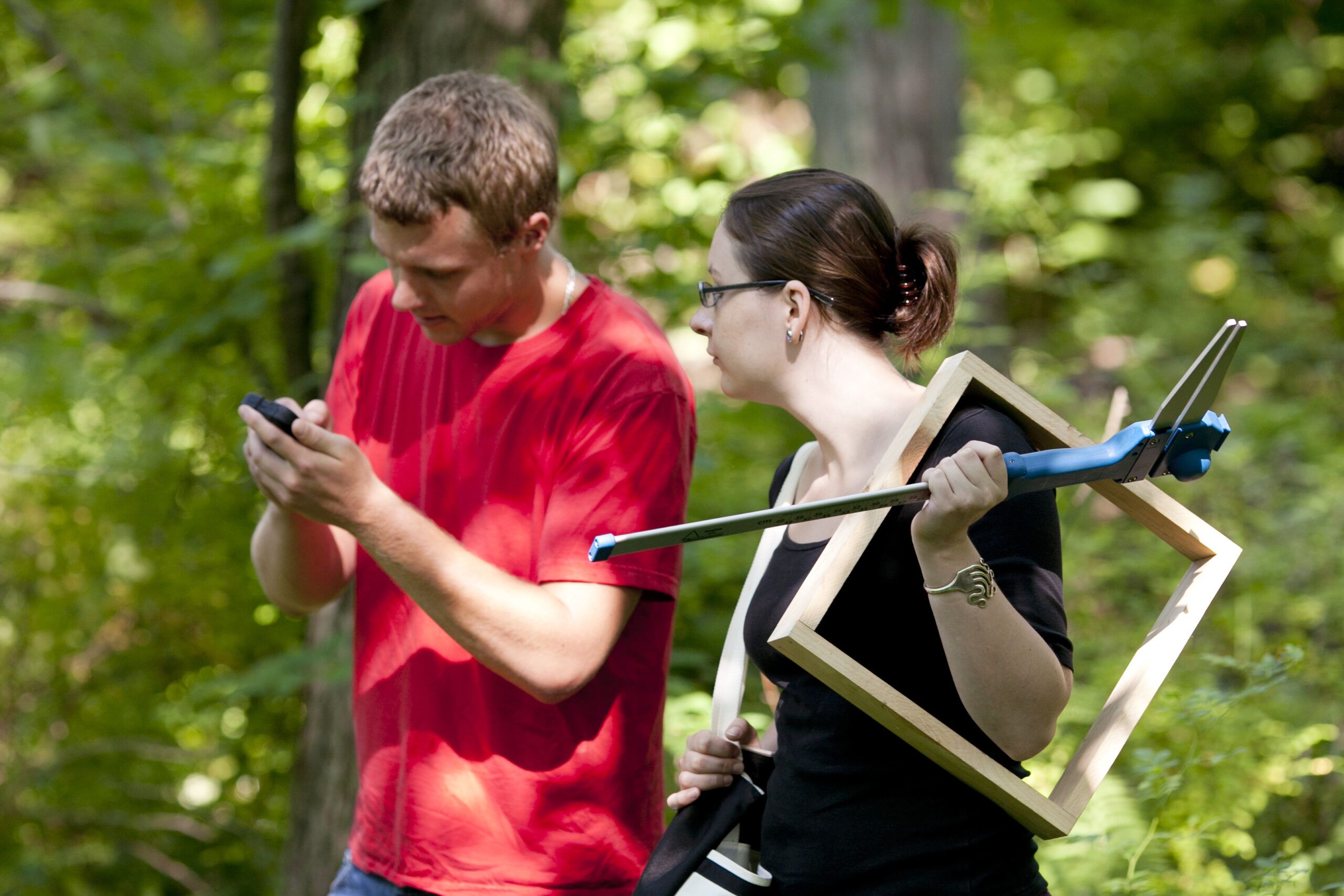
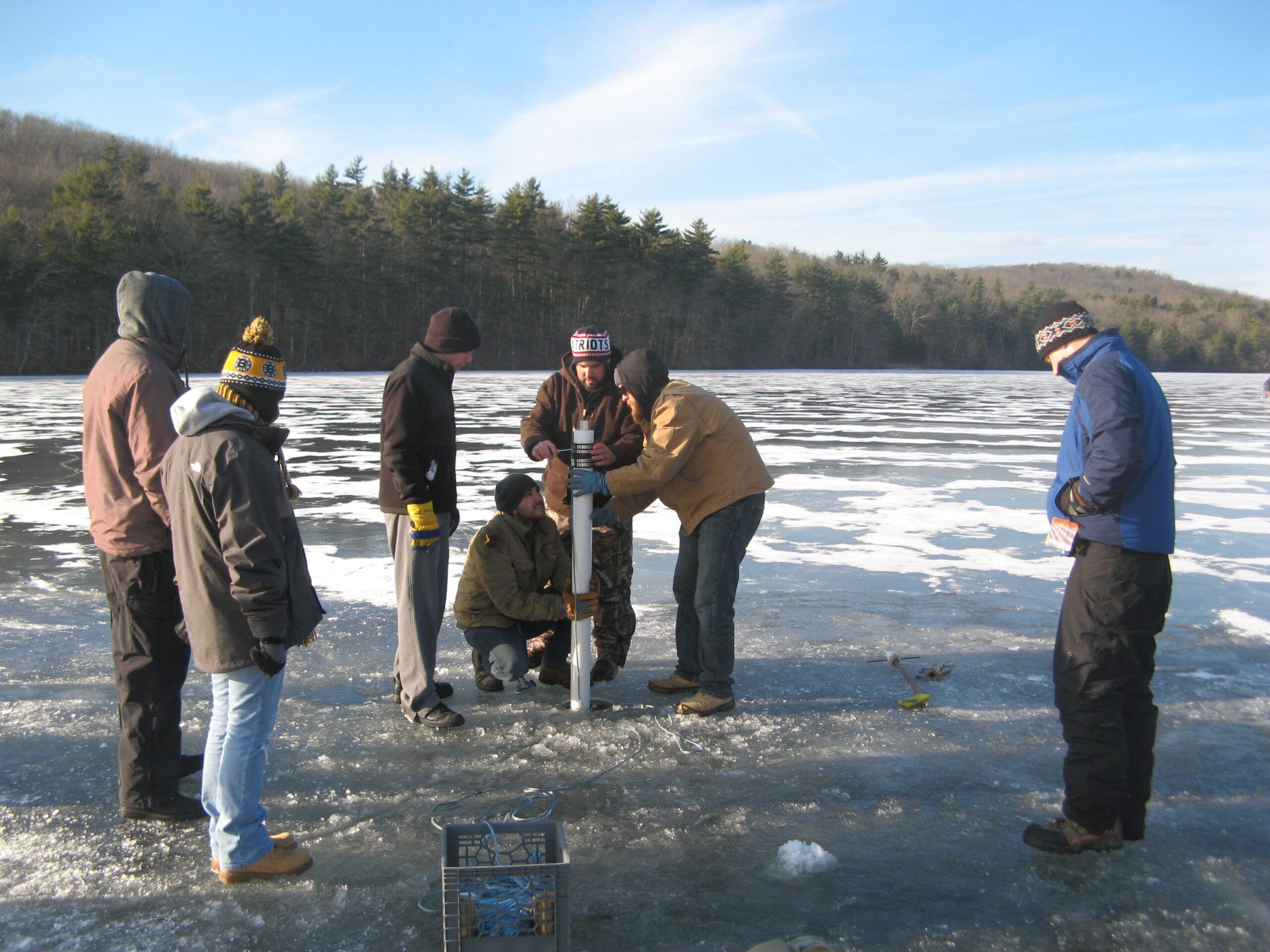
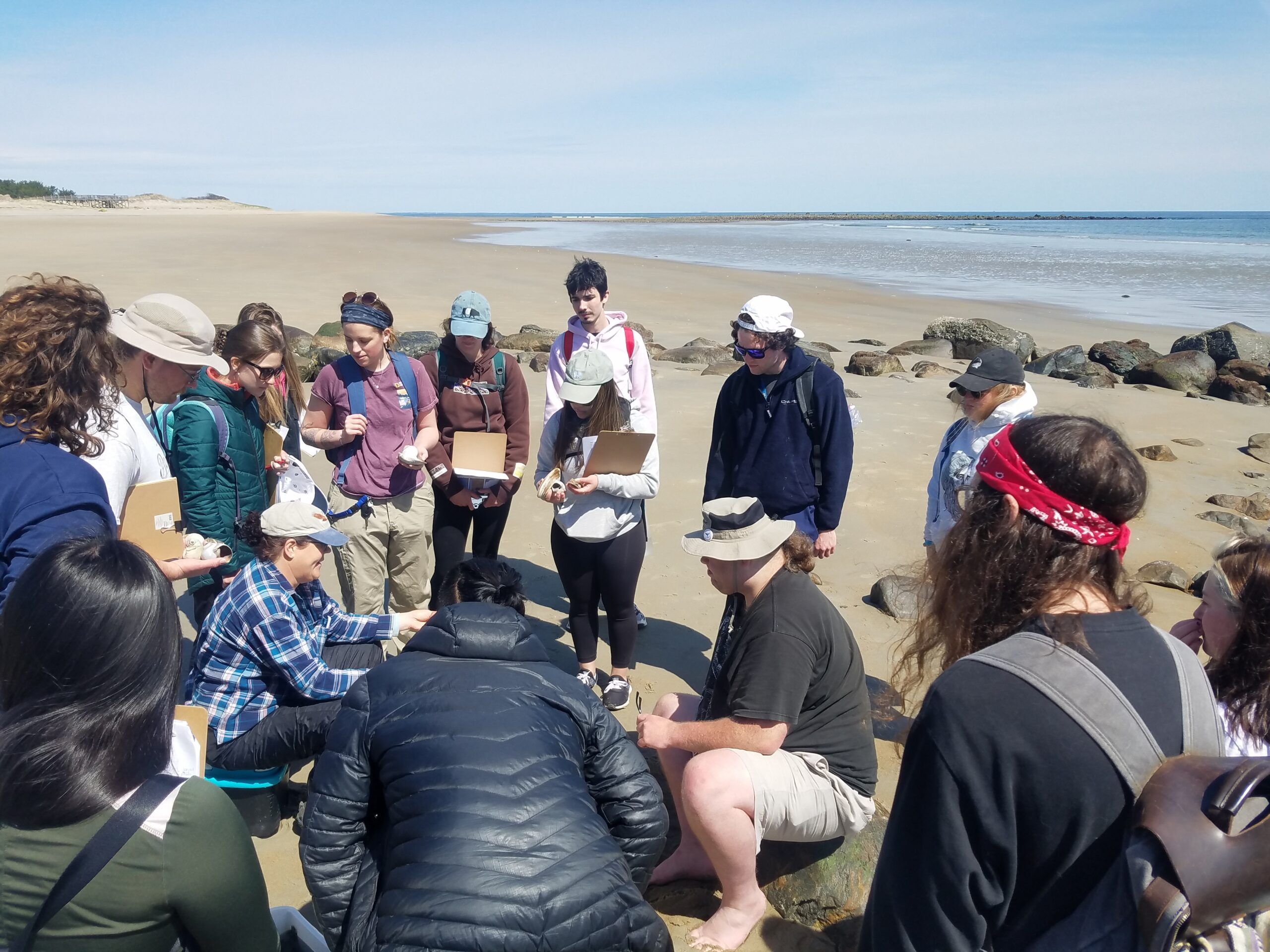
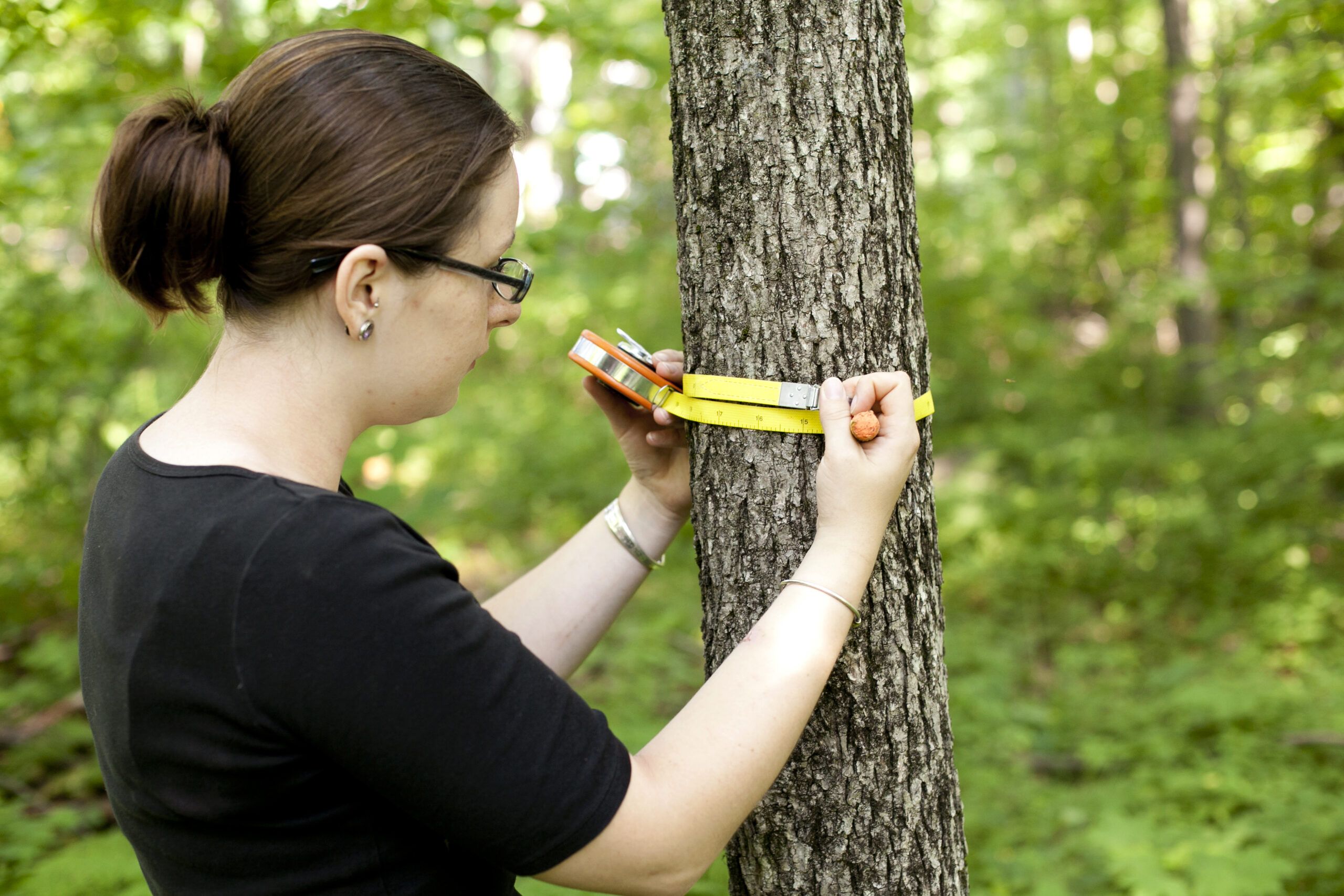
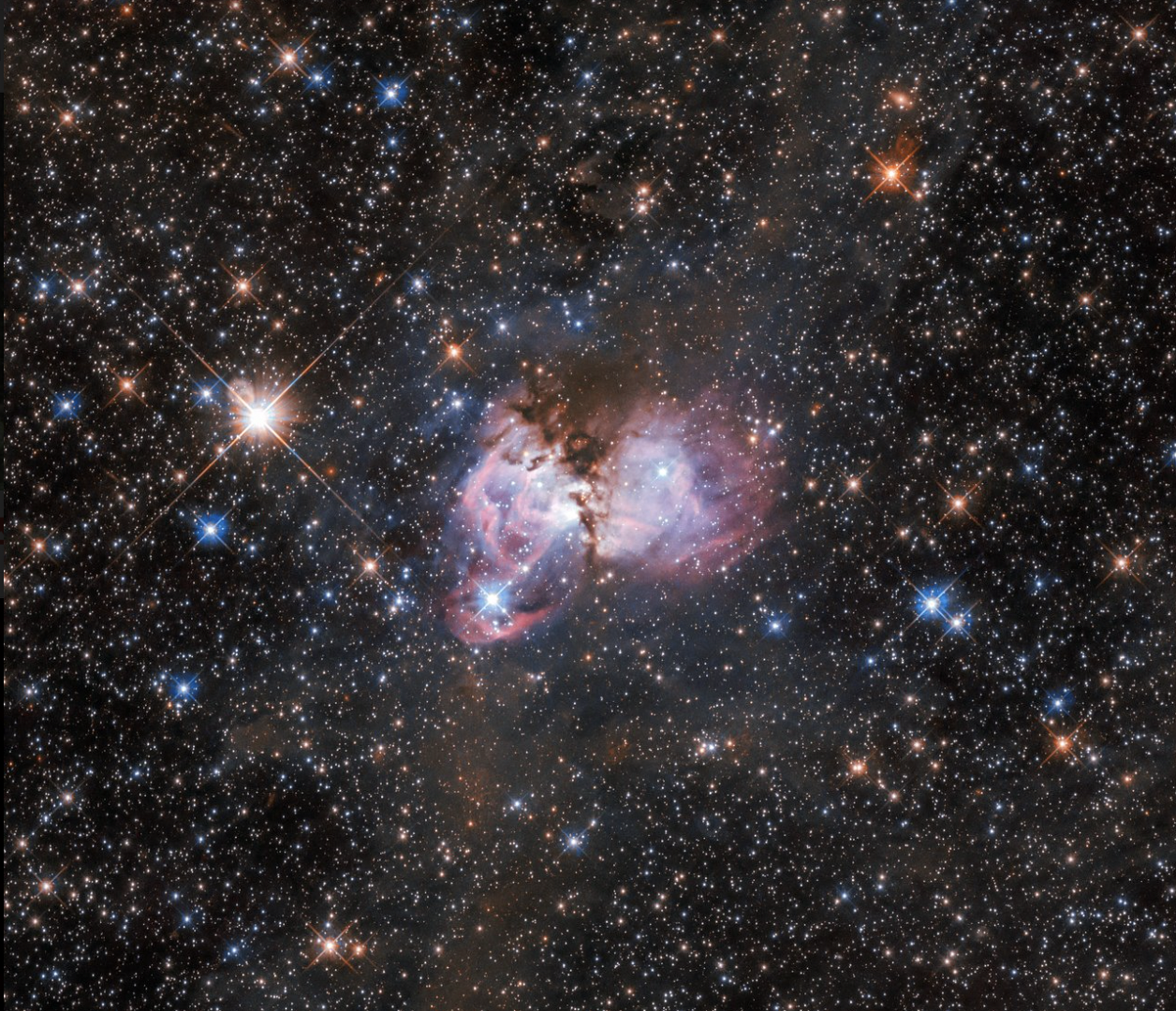
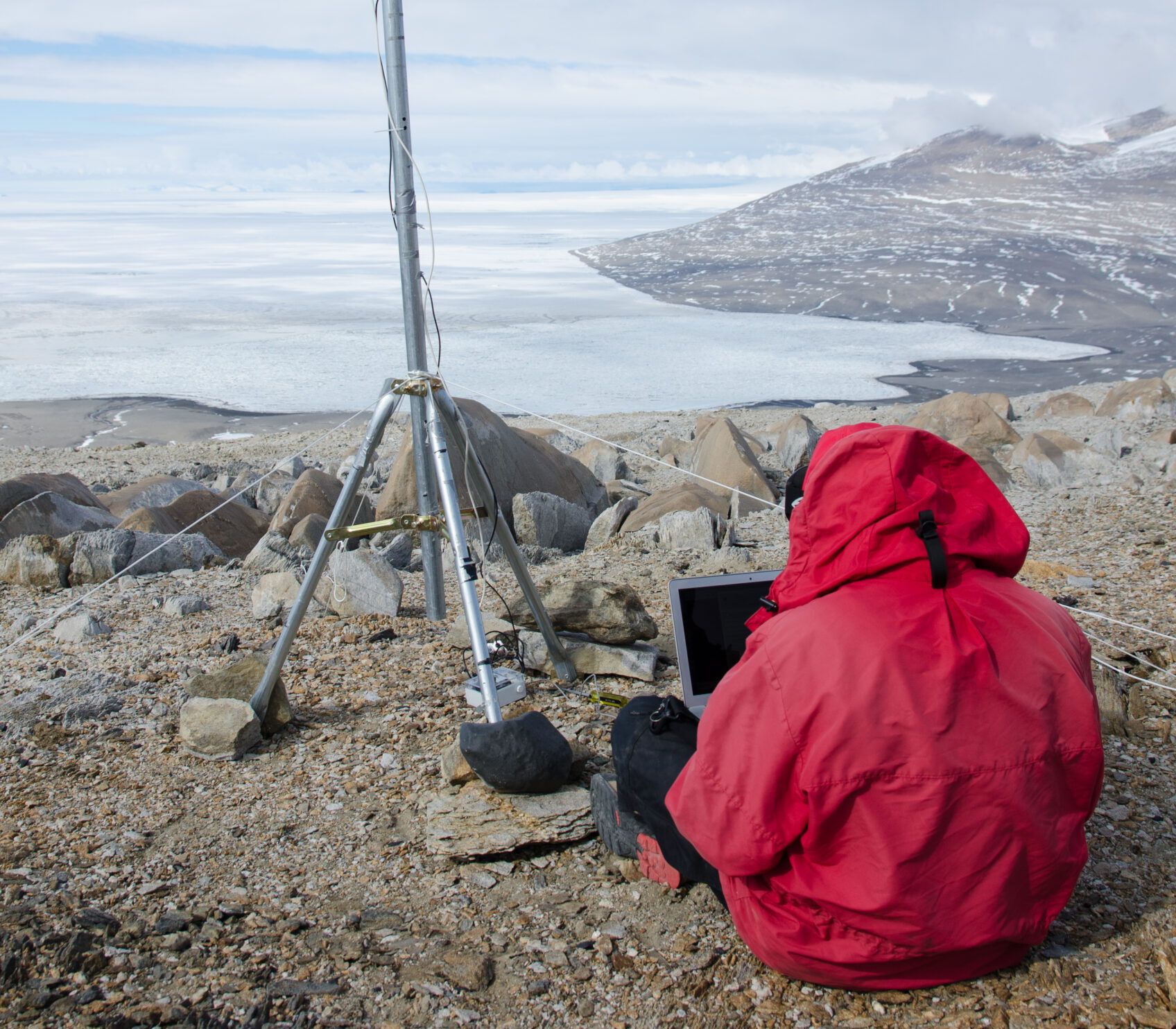
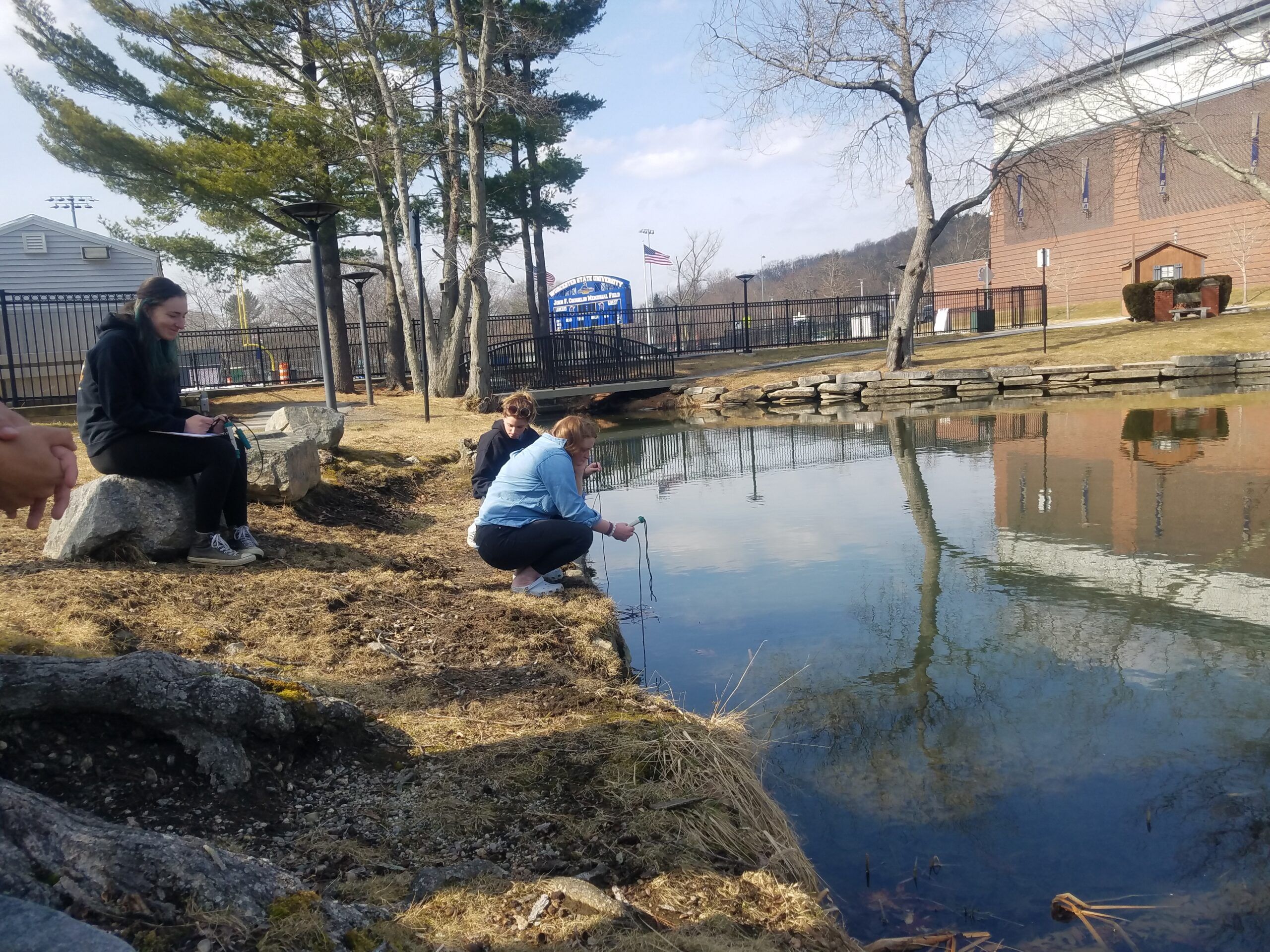
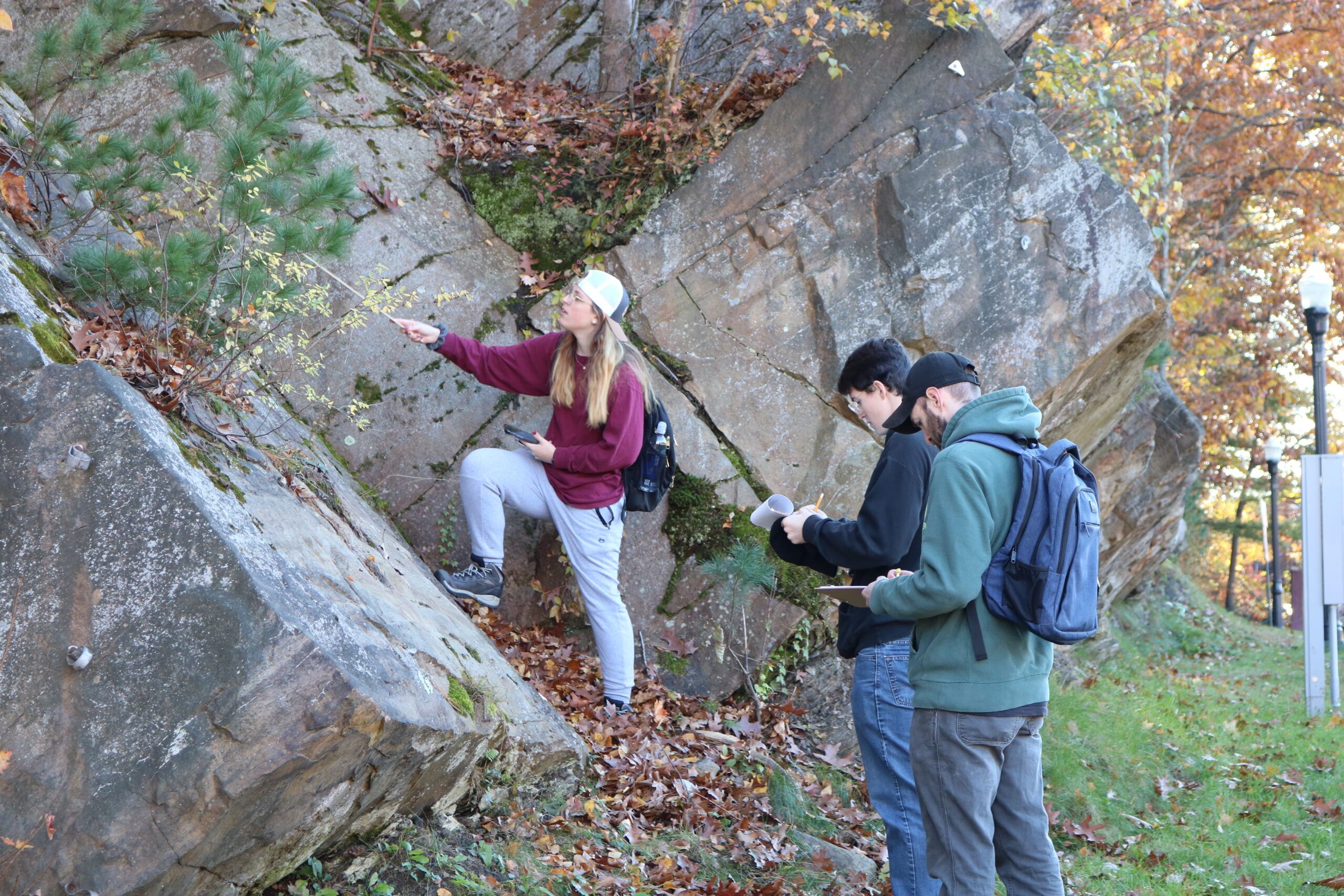
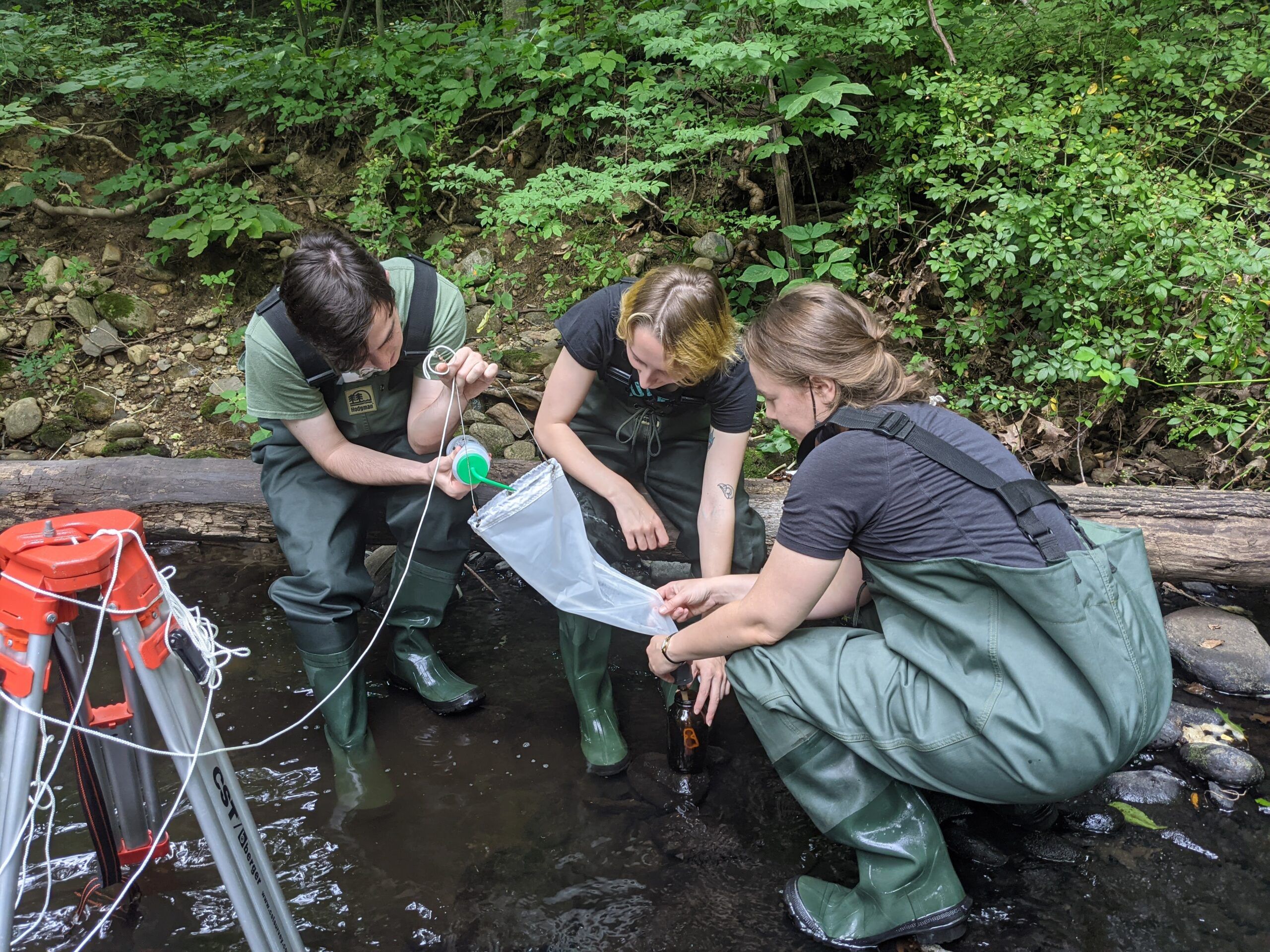
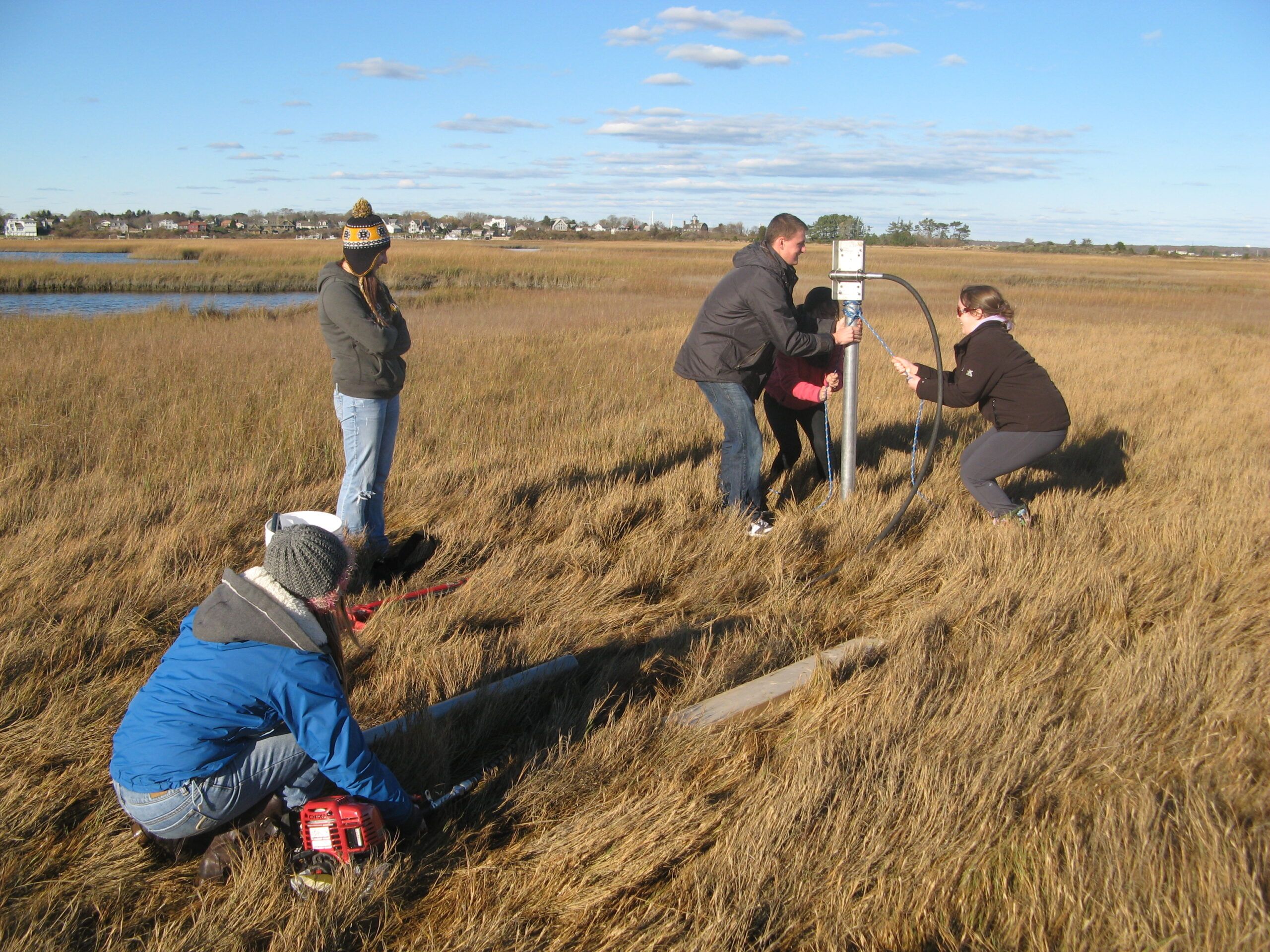
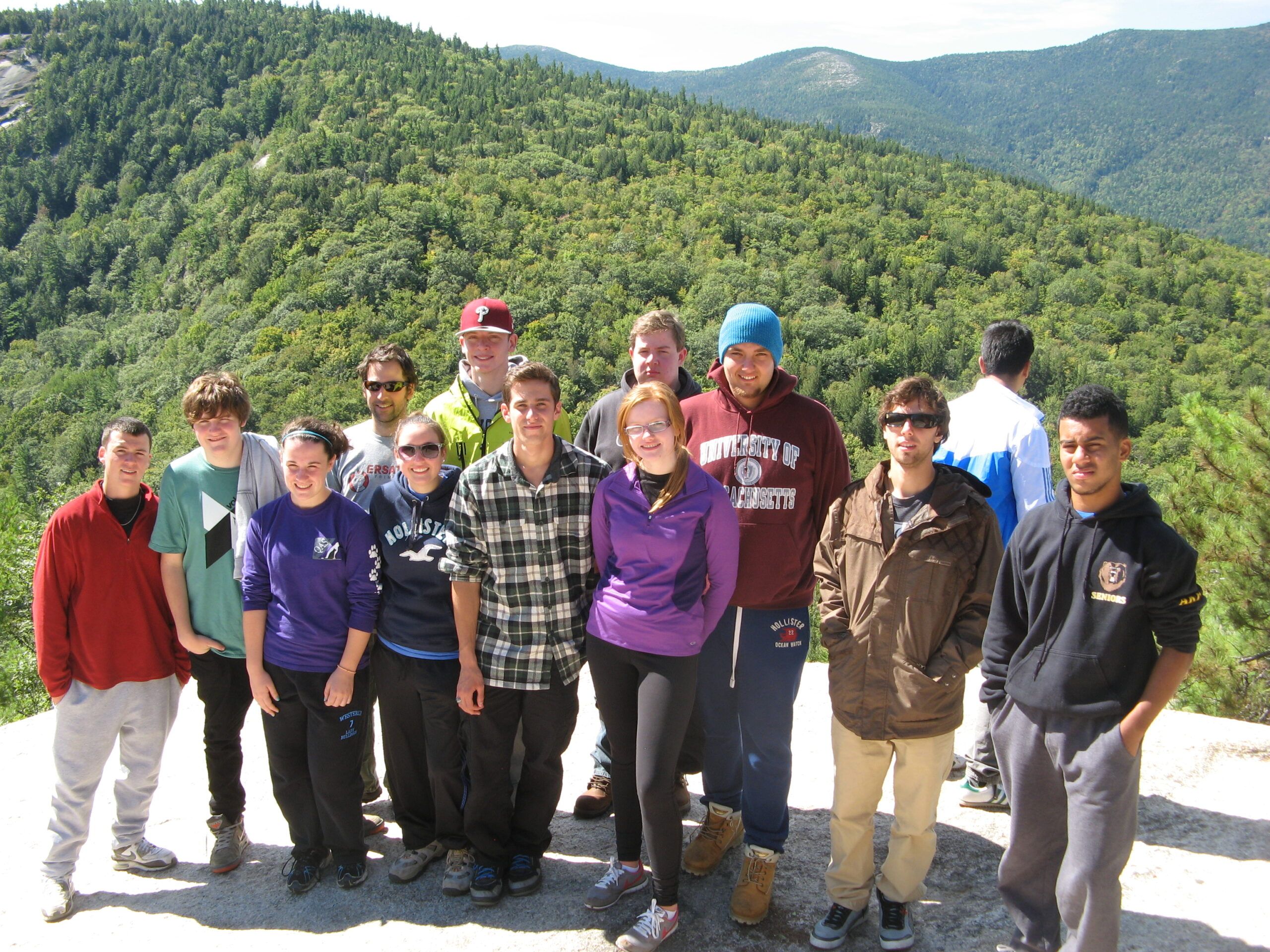
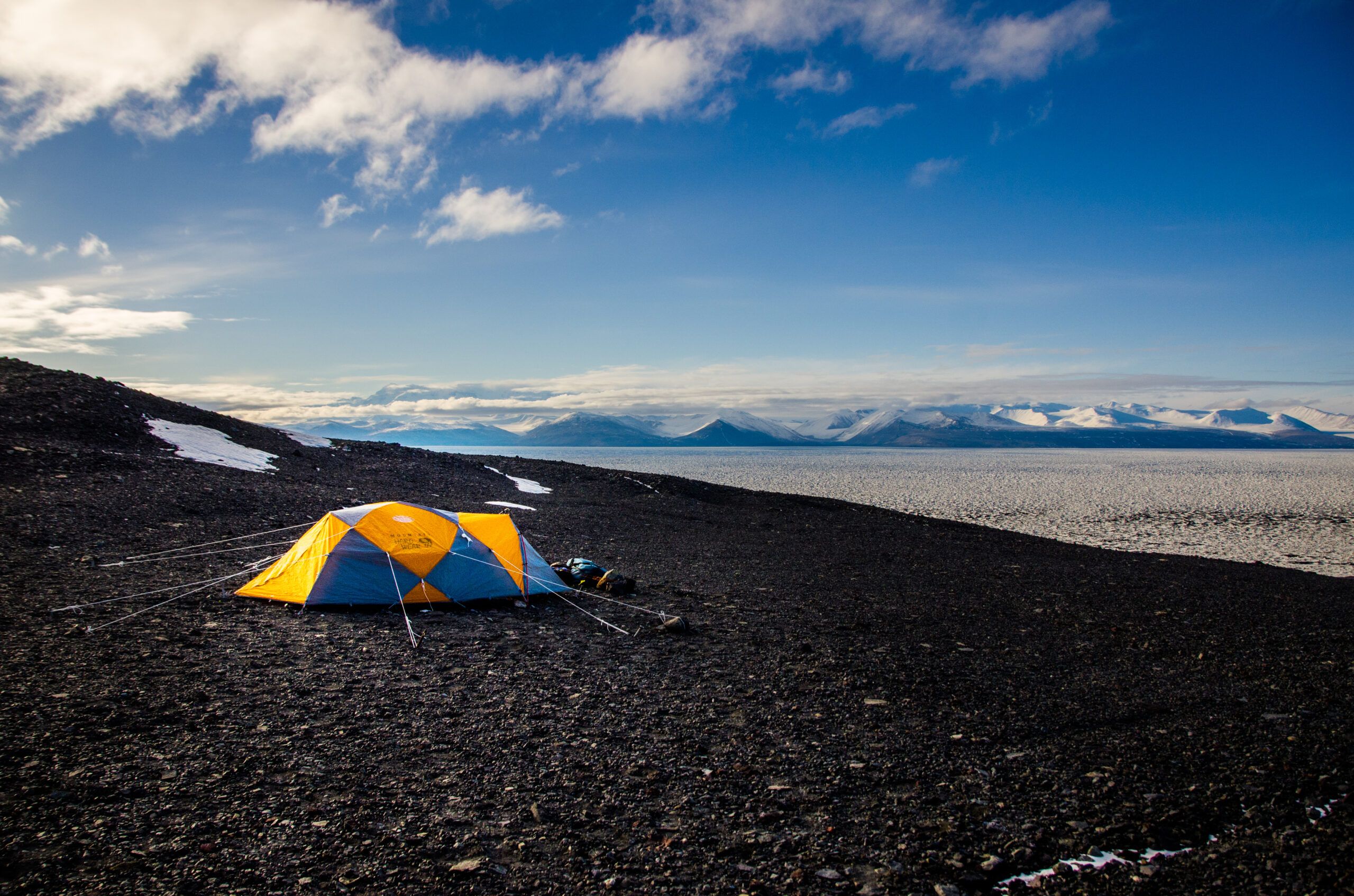
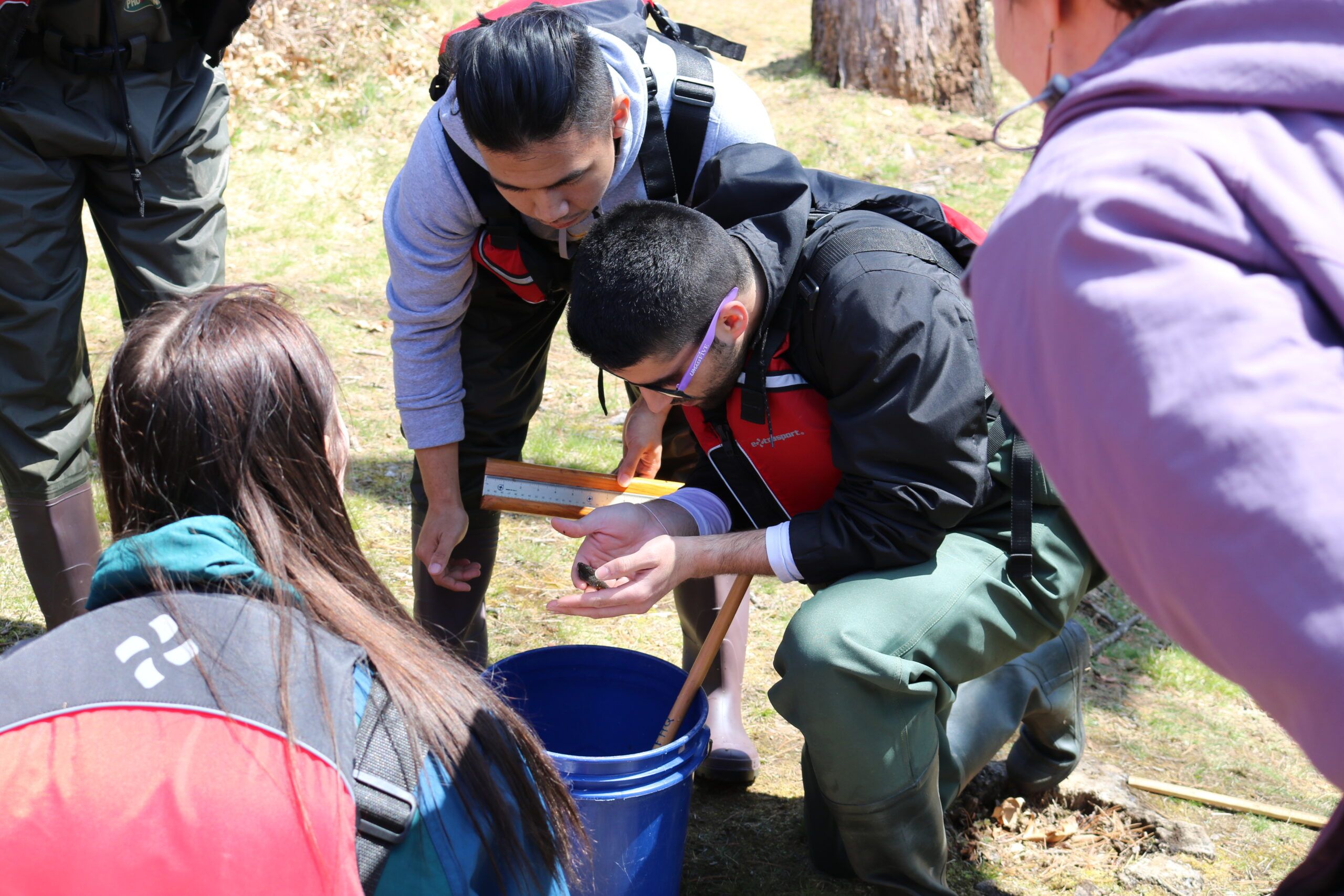
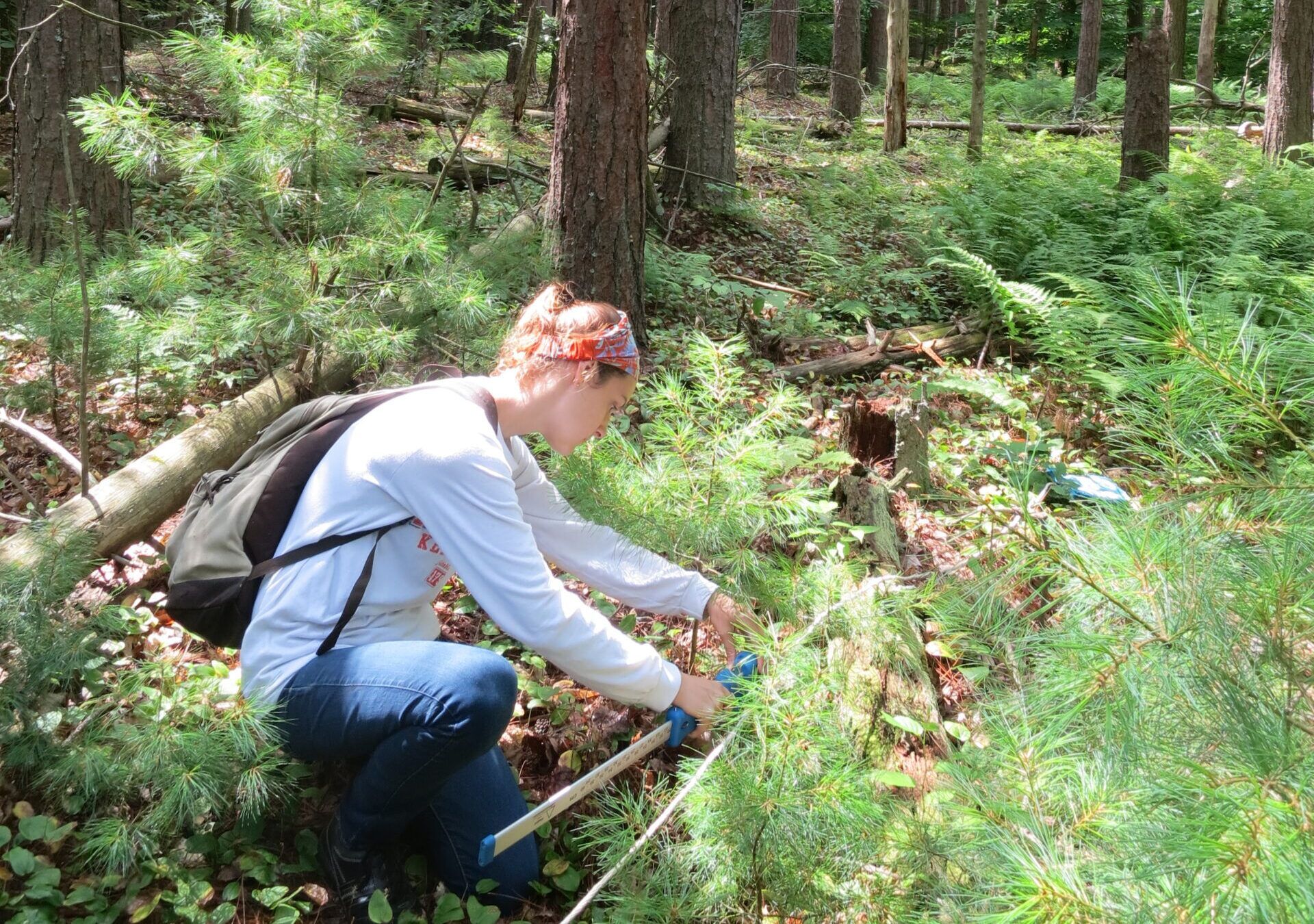
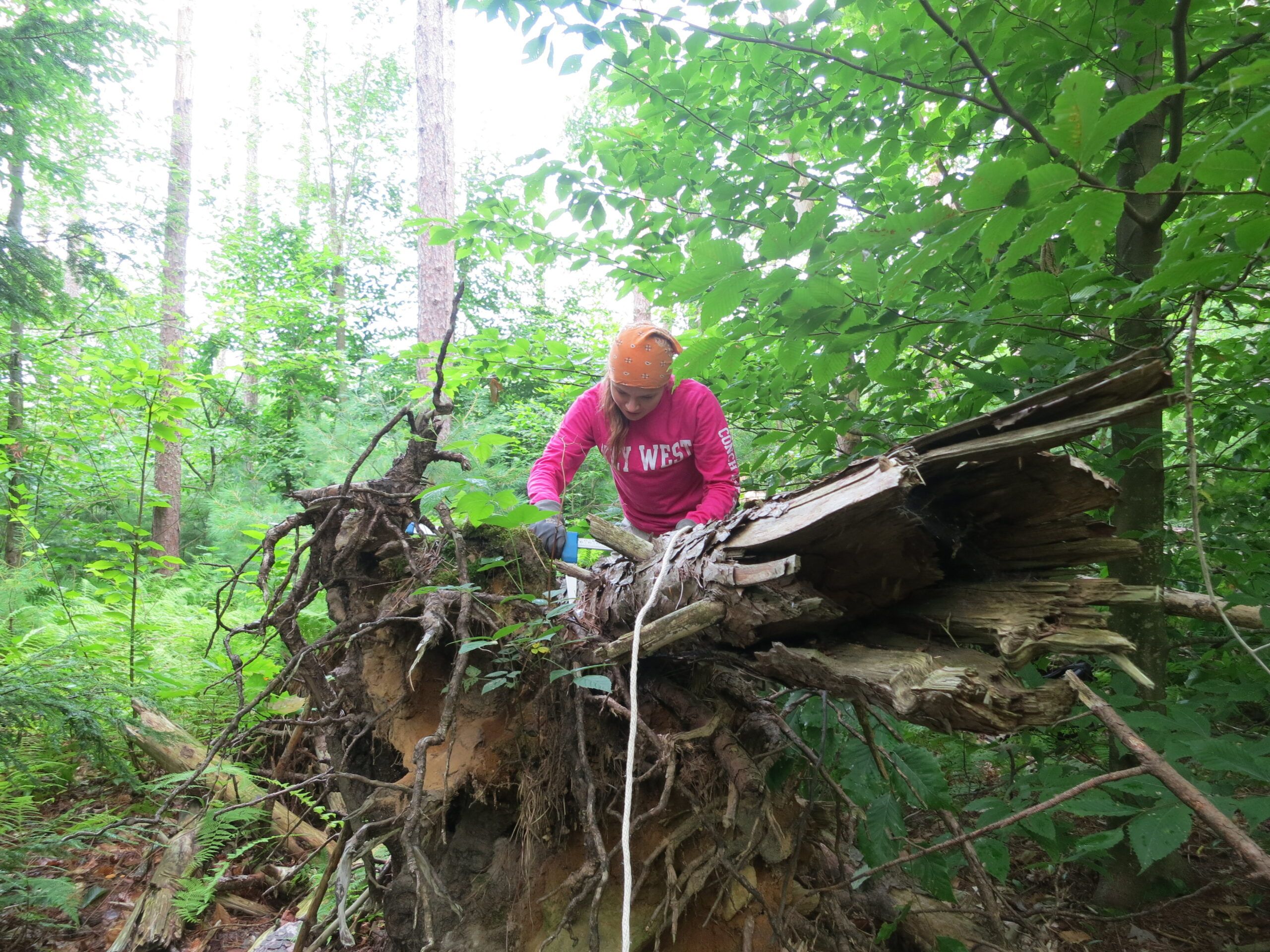
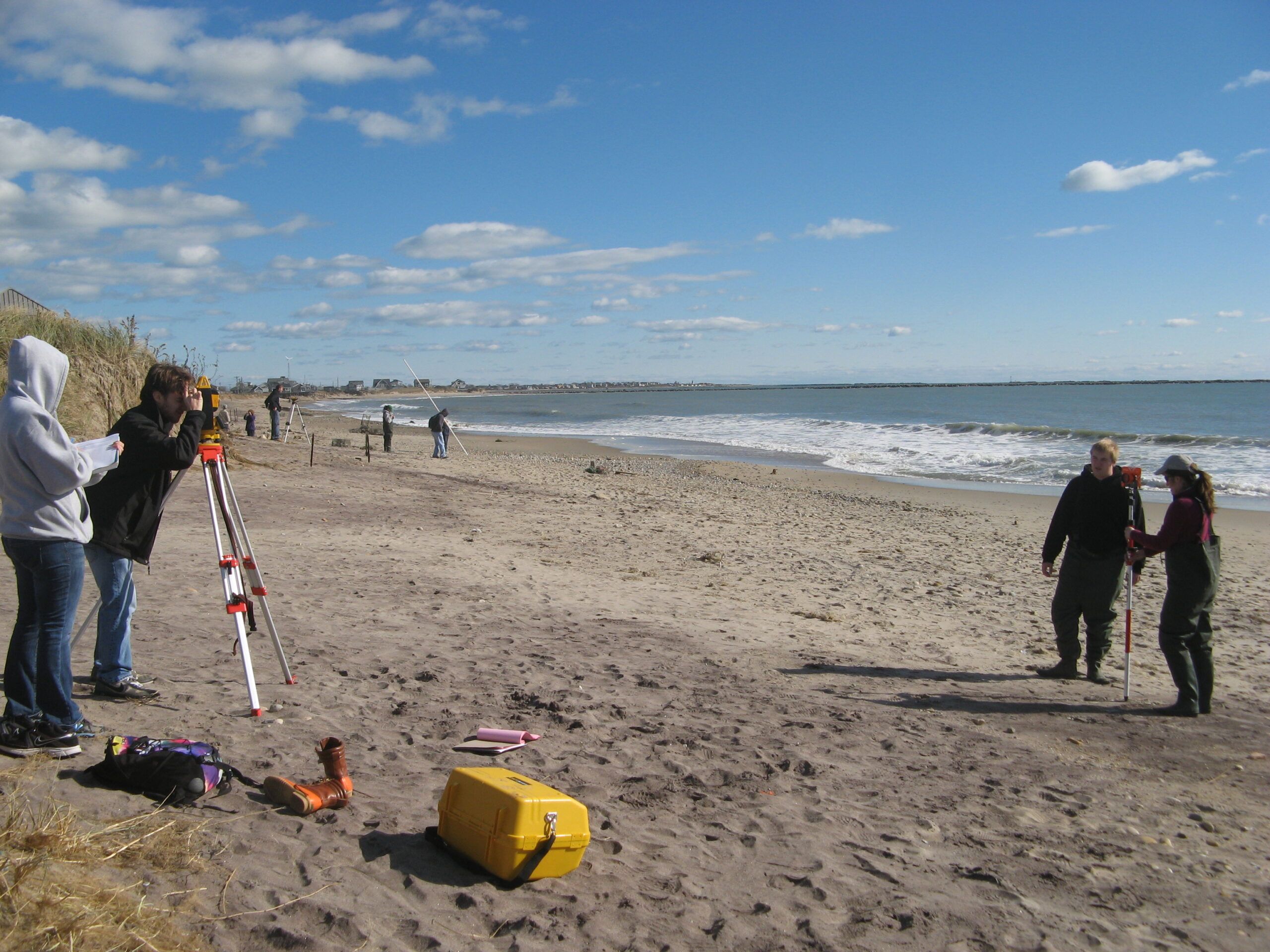
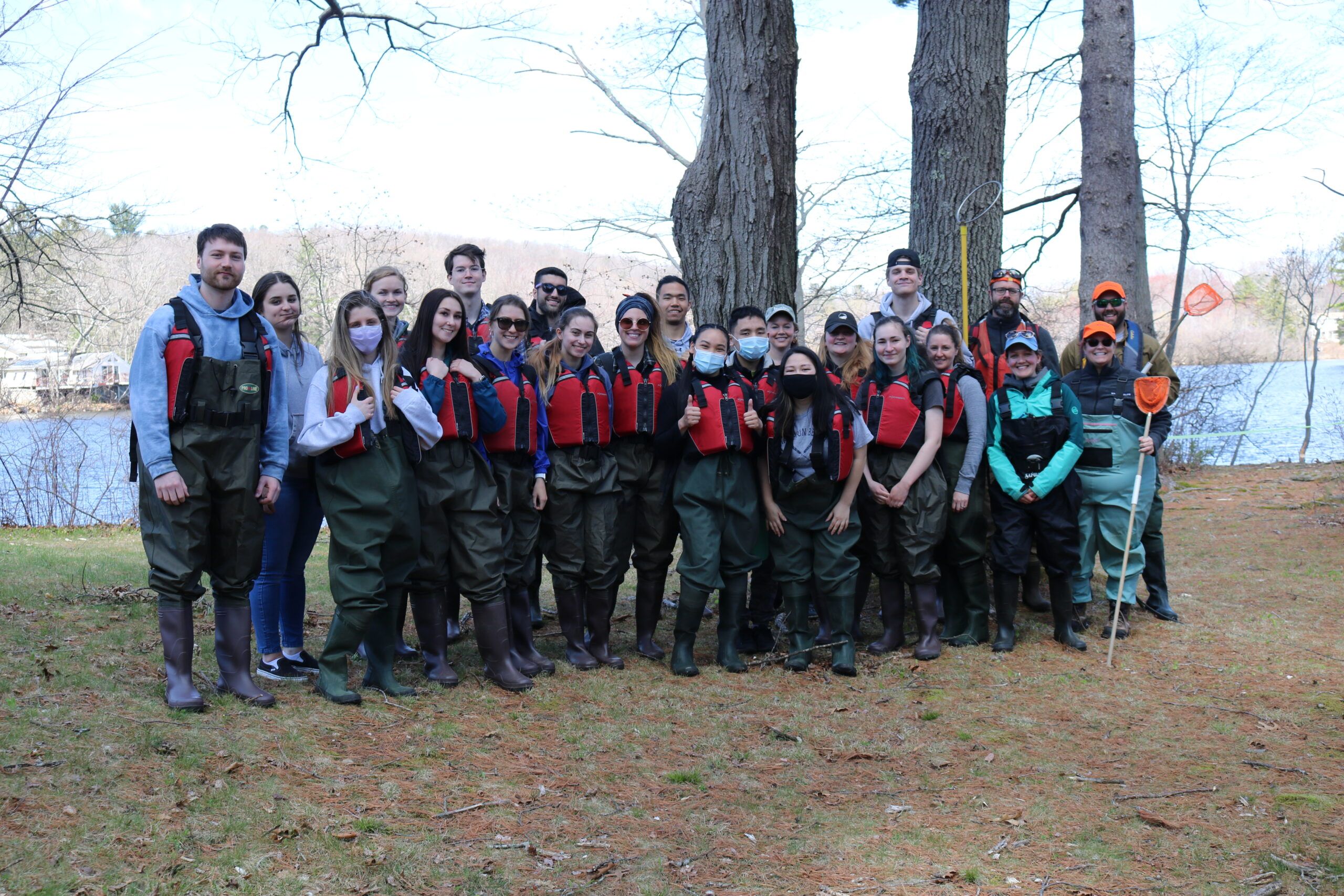
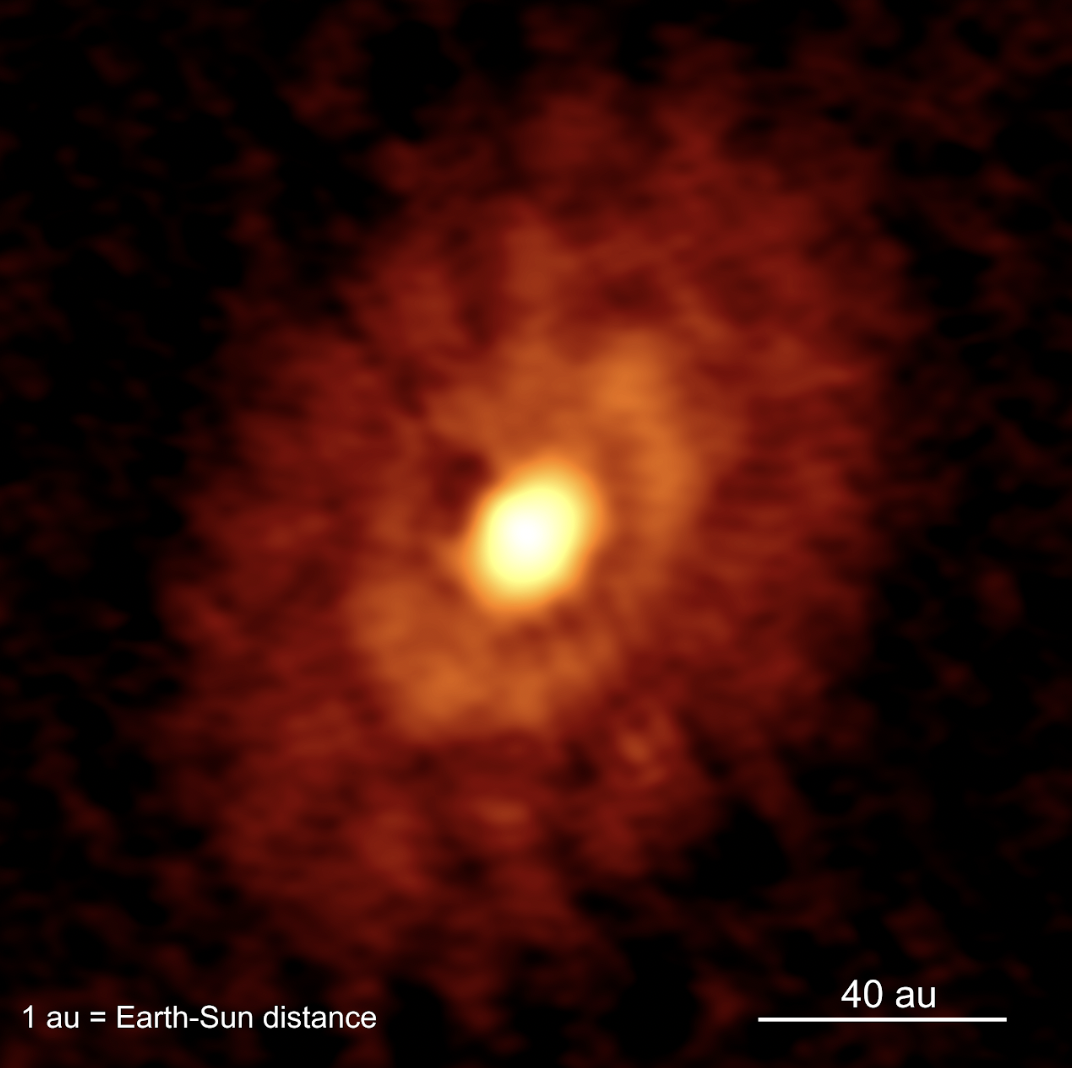
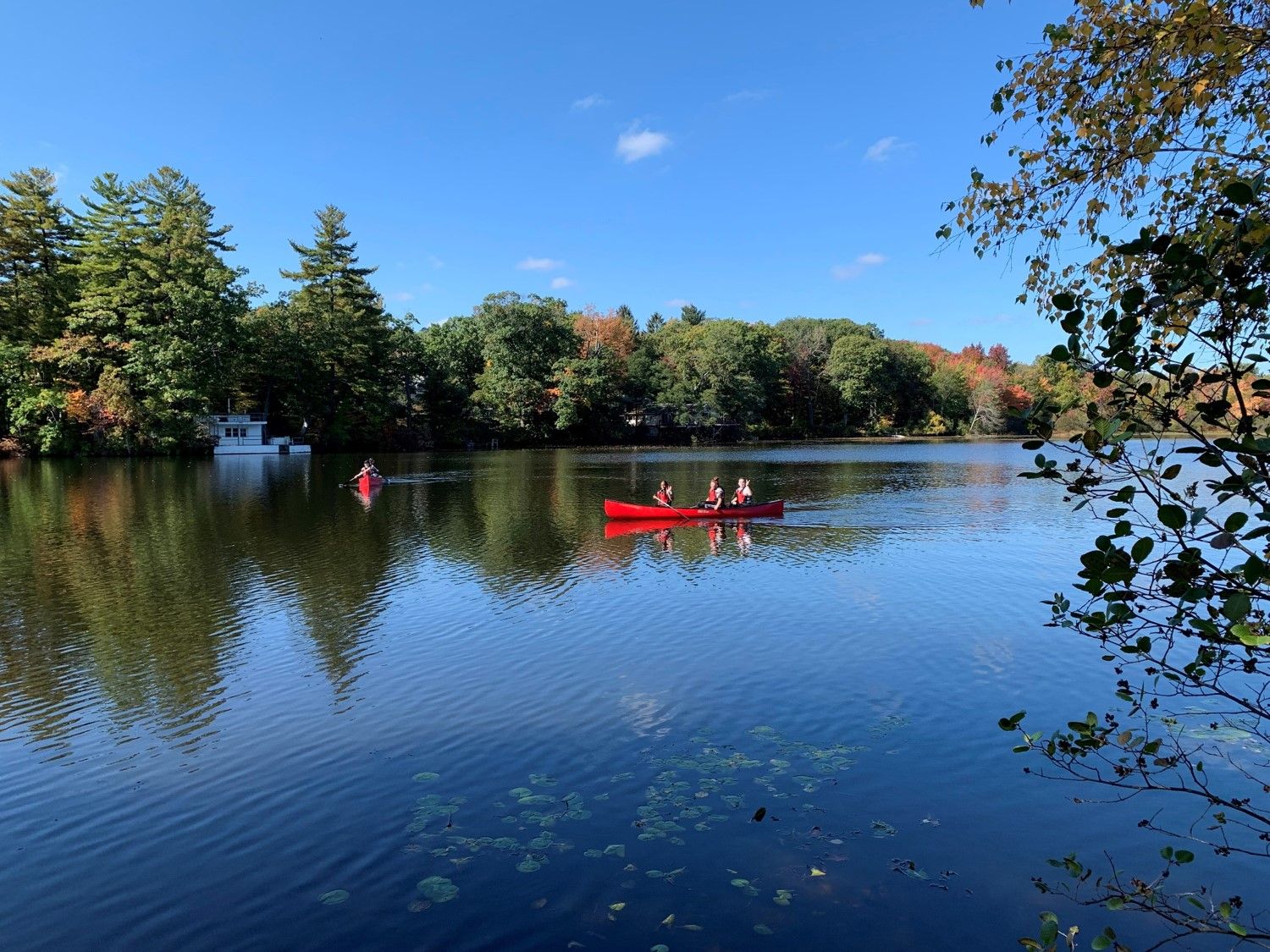
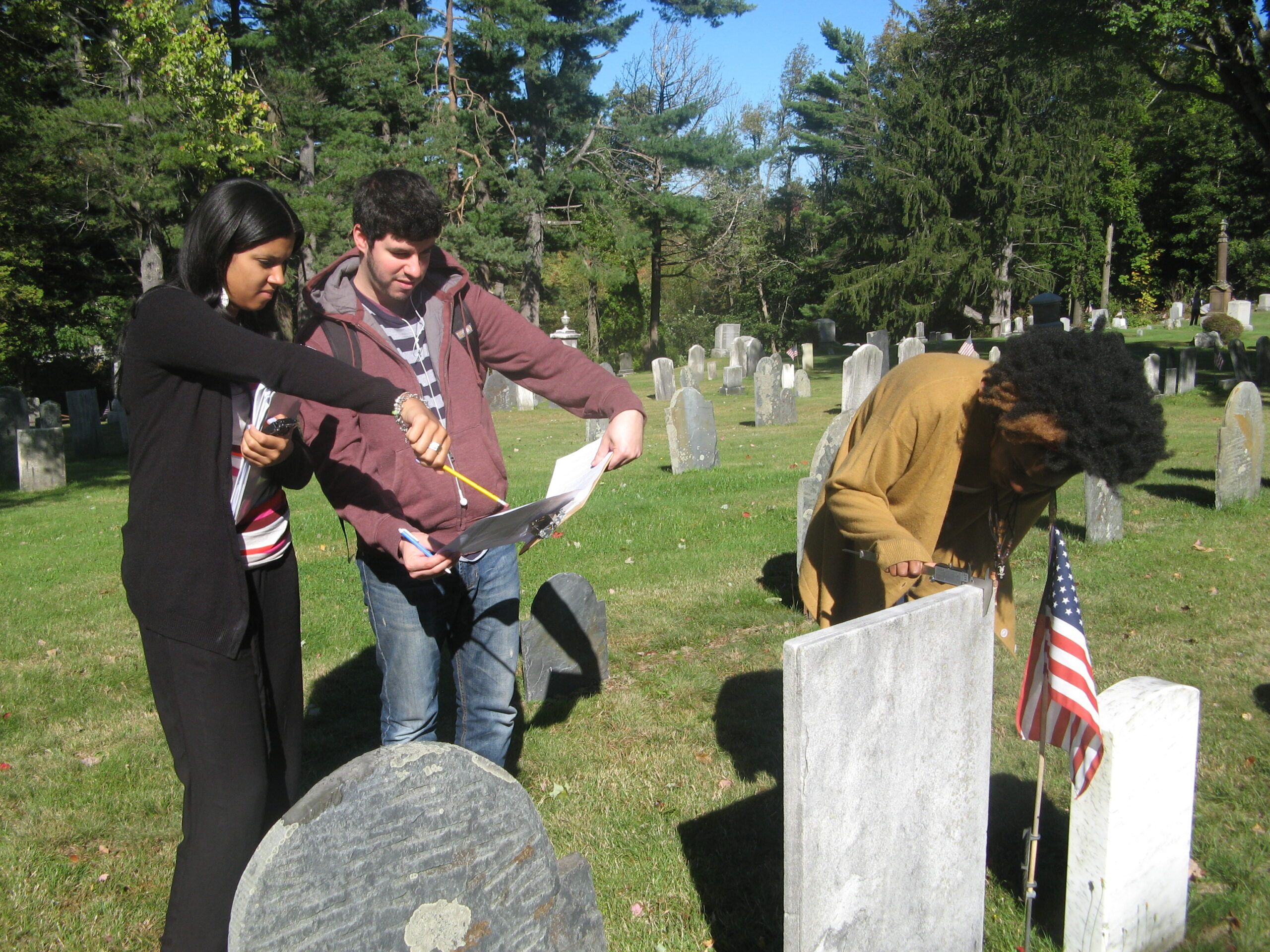

Why study Earth, Environment & Physics at Worcester State?
2 majors; 4 minors; 5 Geography concentrations
Field trips across Massachusetts
Gamma Theta Upsilon Honors Program
GIS and Earth Science Laboratories
Patch Reservoir Research Facility
Telescope Collection
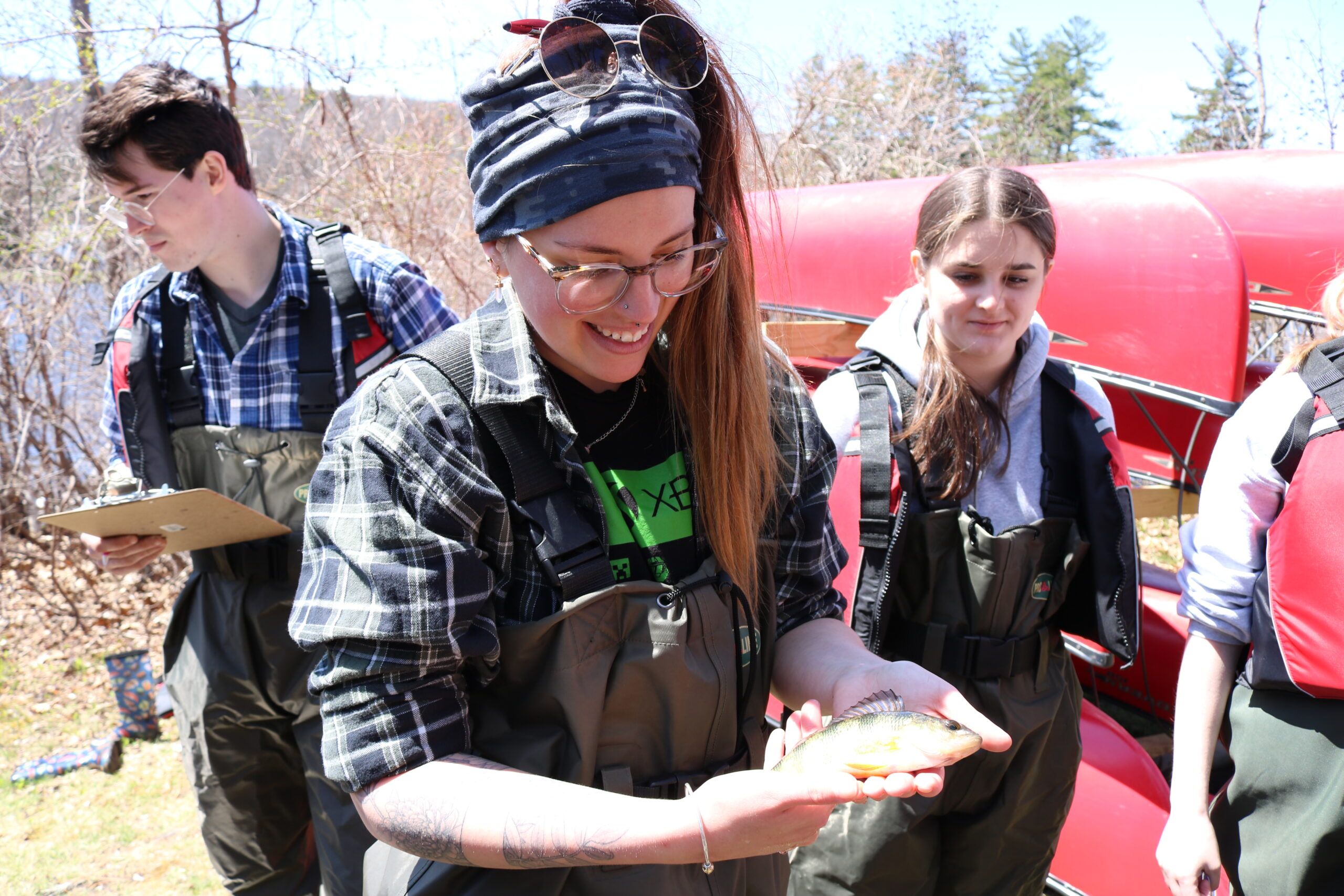
-
- Climate Change
- Digital Mapping and Spatial Data Visualization
- Urban Geography
- Renewable Energy
- Sustainable Housing
- Atmospheric Sciences
-
- Ecology
- Oceanography
- Biogeography
- Toxicology
- Marine Biology
- Green Chemistry
- Biodiversity and Conservation Biology
- Climate Change
- Invertebrate Zoology
- Canoe trips for water sampling
-
- Astronomy
- Physics in Art
- Nuclear Science
- Energy Studies
- Using telescopes from our growing collection
See the diverse career paths that a degree in Earth, Environment & Physics can prepare you for.
Explore a wide range of rewarding professional opportunities with your Earth, Environment & Physics Degree from Worcester State.
Where will your Worcester State Earth, Environment & Physics degree take you?
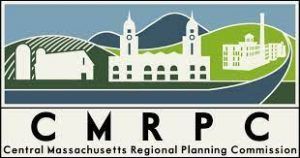







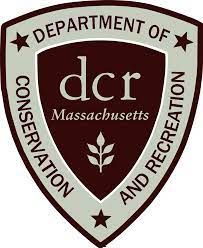




















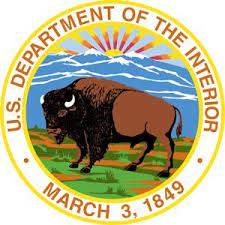




STEM at Worcester State.
Meet Your Faculty
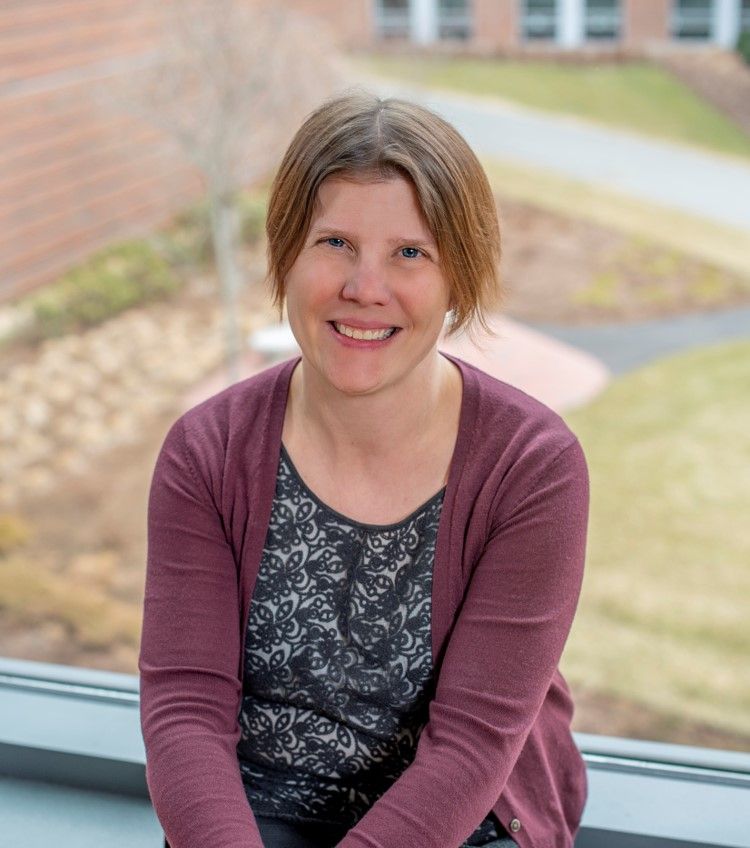
Allison Dunn
My research uses principles from the geosciences, biology, and chemistry to understand the terrestrial carbon cycle. Areas of focus include ecosystem response to climate, urbanization effects on carbon fluxes and pools, and how forest management [...]

William Hansen
My current research examines the changing landscape of New England and the potential impact on climate change and human interaction with the landscape that results from this process. I employ Geospatial Technologies such as geographic information [...]


Alexander Tarr
Professor Tarr is a broadly trained human geographer with interests in urban geography, critical cartography and GIS, and digital culture. [...]

Nabin Malakar
Dr. Malakar is an assistant professor in the Department of Earth, Environment and Physics. He has a wide-ranging research interest including societal applications of remote sensing data, land surface temperature, air pollution, application of machine [...]
Featured News
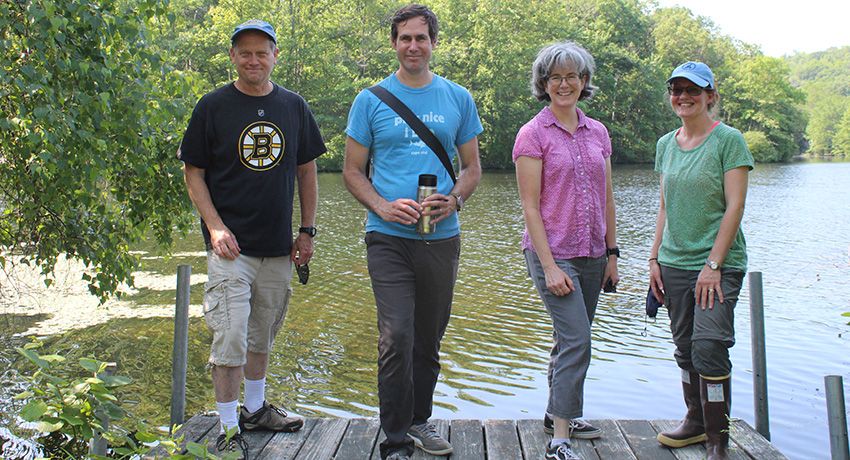
Greater Worcester Land Trust Agreement Gives Researchers Easier Access to Patch Reservoir
A new agreement between Worcester State University and the Greater Worcester Land Trust means students and faculty will have easier access to Patch Reservoir for water-quality research and other educational endeavors.
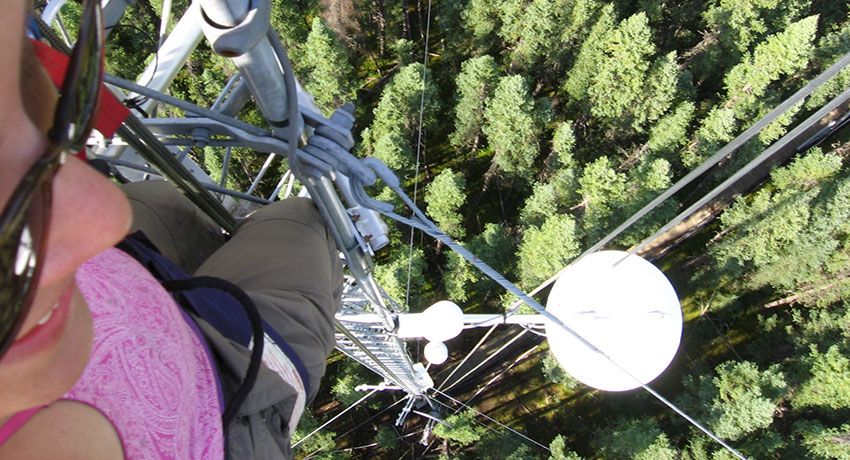
Professor Allison Dunn, Ph.D., Studies Climate Change in Boreal Forests in Manitoba
A recent paper on the impact of climate change on boreal forests highlights research by Professor Allison Dunn, Ph.D., of the Department of Earth, Environment, and Physics.

Geography Professor Co-Authors an Alternative Guide to the San Francisco Bay Area
When Alexander Tarr, Ph.D., assistant professor of geography, enrolled at the University of California/Berkeley for his doctoral studies, he had the same sense of the San Francisco Bay Area that many who grew up elsewhere have.
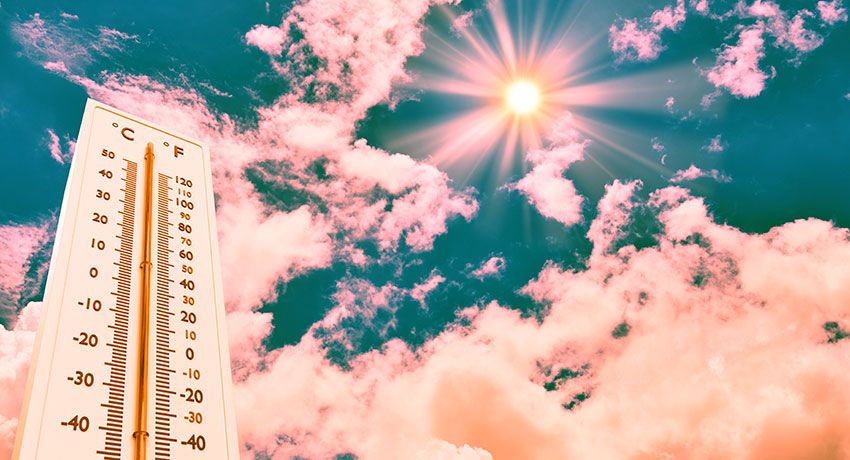
Researchers Identify Areas Impacted by Extreme Heat to Help Vulnerable Residents Prepare
Researchers at Worcester State are working on identifying “hot spots” in Worcester to help the most vulnerable city residents survive a growing number of extreme temperature events.
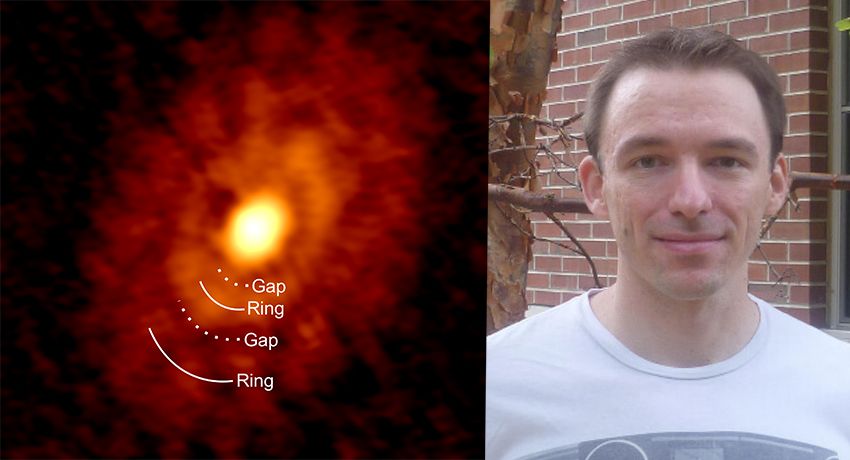
Assistant Professor Ian Stephens, Ph.D., Studies Cosmic Cradles to Understand the Birth of Stars
Assistant Professor Ian W. Stephens, Ph.D., can tell you when a star is born. Stephens, who began teaching in the Department of Earth, Environment, and Physics this fall, is one of the authors of an article in the latest issue of the journal Nature theorizing that planets and the suns they will eventually revolve around start to form out of specks of dust at the same time.
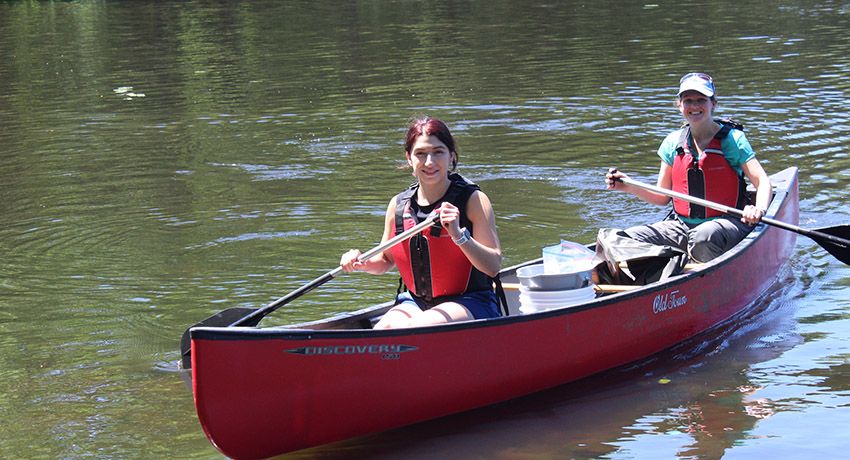
Student-Faculty Team on the Hunt for Invasive Asian Clams in Patch Reservoir
Zoe Krouner ’21, an environmental science major who will graduate in December, doesn’t clam up when it comes to sifting through pond muck looking for invasive species.
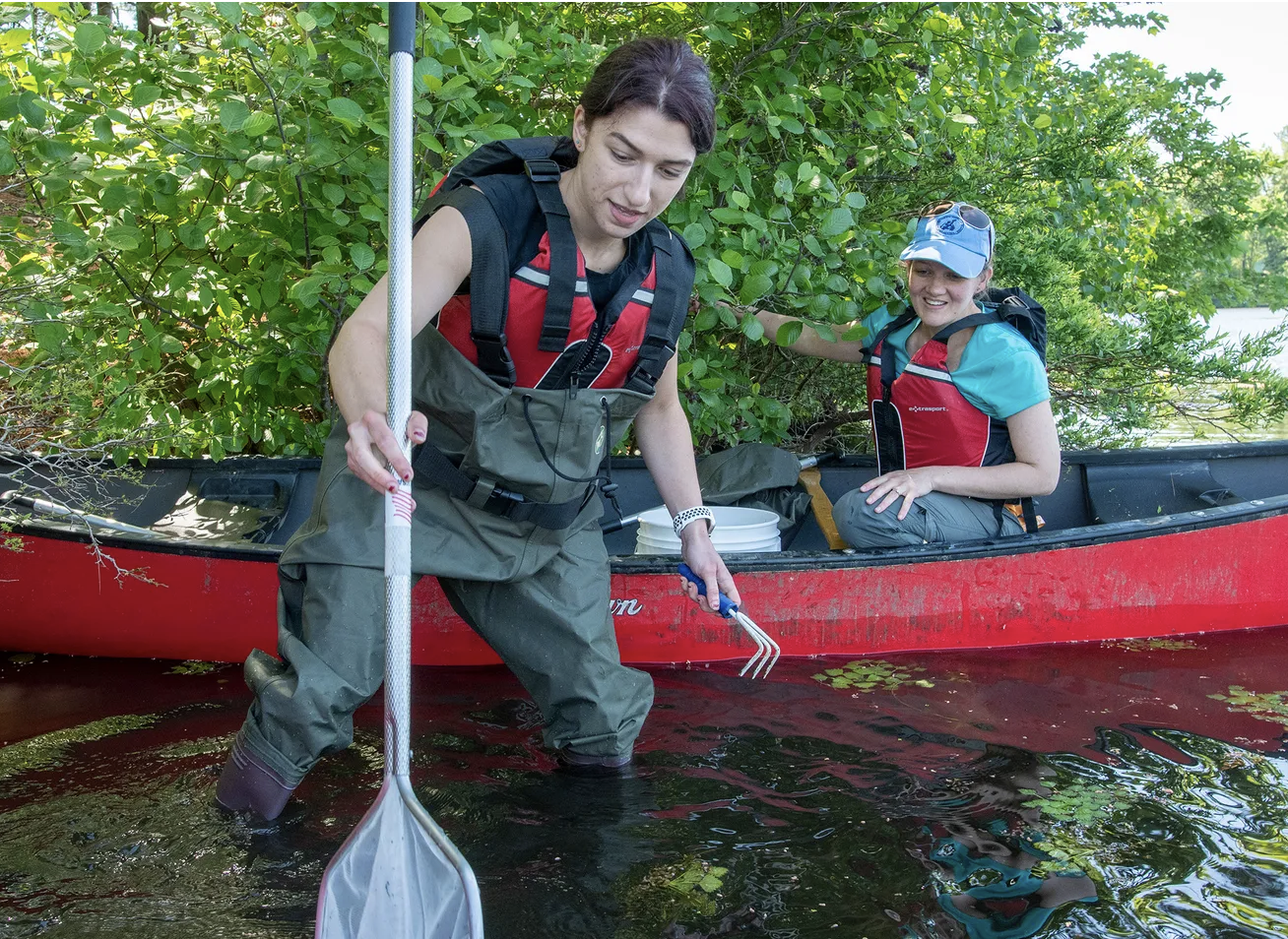
Assessing the impact of invasive Asiatic clams in Worcester
In New England with its penchant for clam chowder, one would think a rise in the local freshwater clam population of Worcester’s ponds and reservoirs would presumably be nothing to complain about, and even welcomed.
Related Links
Take the Next Step
Suite ST-410

